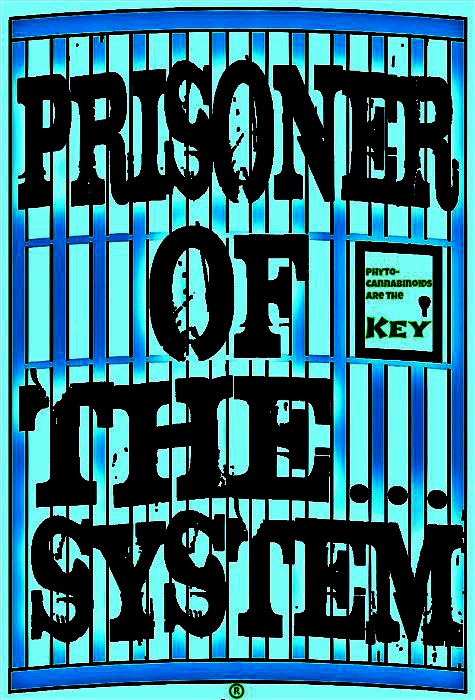2010 May;28(4):357-63. doi: 10.3109/07357900903405934.
The dual effects of delta(9)-tetrahydrocannabinol on cholangiocarcinoma cells: anti-invasion activity at low concentration and apoptosis induction at high concentration.
Abstract
 Currently, only gemcitabine plus platinum demonstrates the considerable activity for cholangiocarcinoma. The anticancer effect of Delta (9)-tetrahydrocannabinol (THC), the principal active component of cannabinoids has been demonstrated in various kinds of cancers. We therefore evaluate the antitumor effects of THC on cholangiocarcinoma cells. Both cholangiocarcinoma cell lines and surgical specimens from cholangiocarcinoma patients expressed cannabinoid receptors. THC inhibited cell proliferation, migration and invasion, and induced cell apoptosis. THC also decreased actin polymerization and reduced tumor cell survival in anoikis assay. pMEK1/2 and pAkt demonstrated the lower extent than untreated cells. Consequently, THC is potentially used to retard cholangiocarcinoma cell growth and metastasis.
Currently, only gemcitabine plus platinum demonstrates the considerable activity for cholangiocarcinoma. The anticancer effect of Delta (9)-tetrahydrocannabinol (THC), the principal active component of cannabinoids has been demonstrated in various kinds of cancers. We therefore evaluate the antitumor effects of THC on cholangiocarcinoma cells. Both cholangiocarcinoma cell lines and surgical specimens from cholangiocarcinoma patients expressed cannabinoid receptors. THC inhibited cell proliferation, migration and invasion, and induced cell apoptosis. THC also decreased actin polymerization and reduced tumor cell survival in anoikis assay. pMEK1/2 and pAkt demonstrated the lower extent than untreated cells. Consequently, THC is potentially used to retard cholangiocarcinoma cell growth and metastasis.
- PMID:
- 19916793
- [PubMed – indexed for MEDLINE]
-
Publication Types, MeSH Terms, Substances
Publication Types
MeSH Terms
- Anoikis/drug effects
- Apoptosis/drug effects*
- Bile Duct Neoplasms/drug therapy*
- Bile Duct Neoplasms/pathology
- Bile Ducts, Intrahepatic*
- Cell Line, Tumor
- Cell Movement/drug effects
- Cell Proliferation/drug effects
- Cholangiocarcinoma/drug therapy*
- Cholangiocarcinoma/pathology
- Cytoskeleton/drug effects
- Dose-Response Relationship, Drug
- Dronabinol/pharmacology*
- Humans
- Mitogen-Activated Protein Kinase Kinases/metabolism
- Neoplasm Invasiveness
- Phosphorylation
- Proto-Oncogene Proteins c-akt/metabolism
Substances
LinkOut – more resources
Full Text Sources
Medical
Miscellaneous


